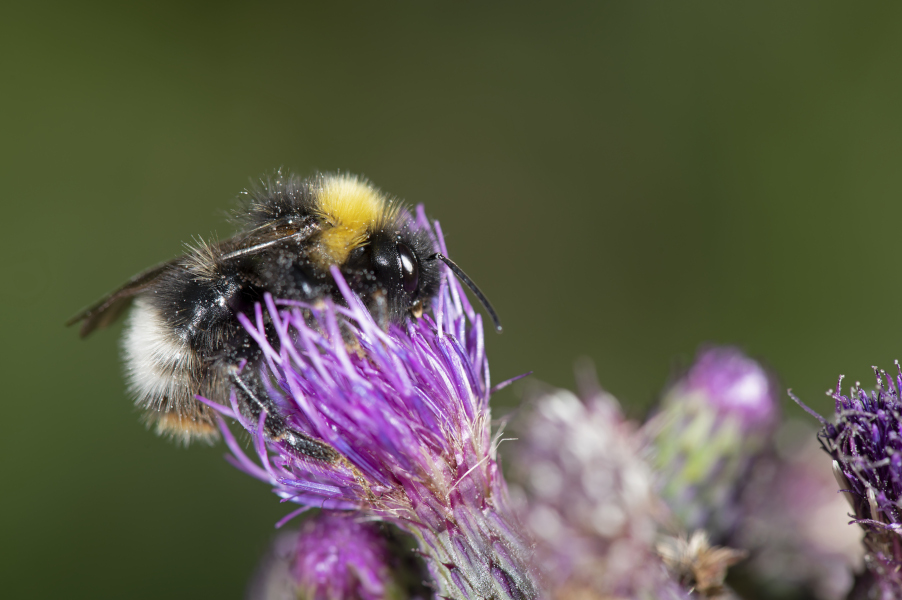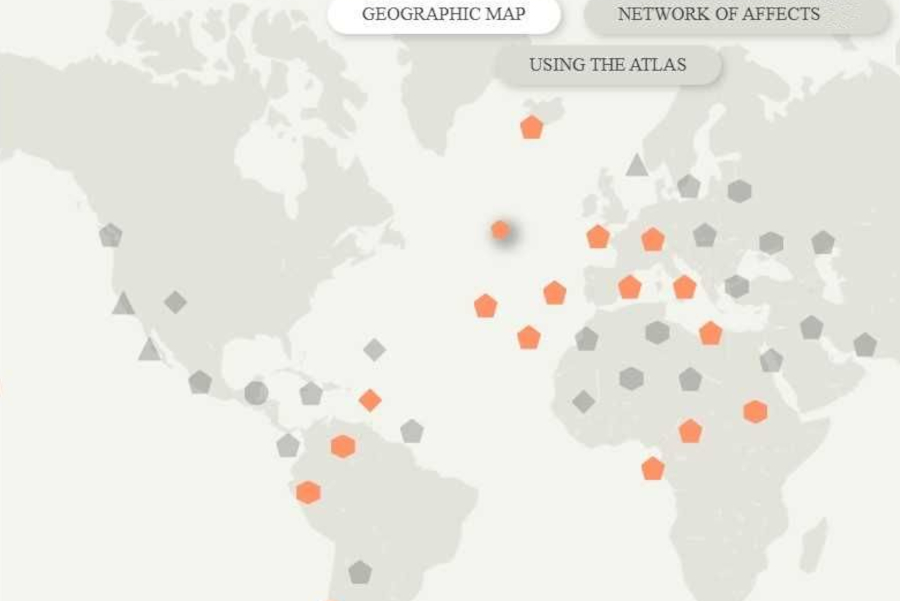LIFE PolliNetwork has officially launched as Italy’s most ambitious project for the conservation of bees, butterflies, and hoverflies—the main pollinators. The initiative is coordinated by WWF and co-funded by the European Union, with additional financial support from the Italian Ministry of Environment and Energy Security (MASE) and the CARIPLO Foundation. The University of Pisa is a project partner.
Over 40% of invertebrate pollinators are at risk worldwide. In Europe, nearly half of all pollinator insect populations are declining, and one-third are already considered threatened. LIFE PolliNetwork aims to create a network of protected areas and ecological corridors. These corridors will transform infrastructures across Italy—roads, railways, and electrical stations—into what the project calls “Buzz Lines,” where pollinators can feed, reproduce, and safely move between habitats.
In addition to road verges and railway edges, the project will involve electrical station areas, WWF protected reserves, and farms, creating a nationwide network of favorable habitats. By 2030, 88 hectares will be restored across 11 Italian regions: Piedmont, Lombardy, Trentino, Tuscany, Marche, Umbria, Lazio, Campania, Basilicata, Sardinia, and Sicily.
Strategic partners such as Anas, Rete Ferroviaria Italiana (RFI), both part of the FS Group, and Terna, along with WWF and Copagri, will work on areas under their management. Universities—including Alma Mater Studiorum – University of Bologna, University of Turin, and University of Pisa—and research centers will lead scientific monitoring to assess the project’s impact on the three groups of pollinators.
The project, running until 2030, will not only experiment with and adopt new management methods for different areas but will also restore habitats using a mix of native seeds specifically selected to attract pollinators. These seeds will be tested and then made widely available.




